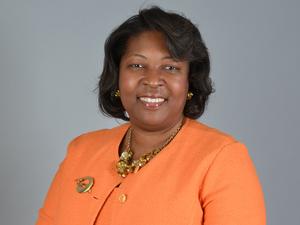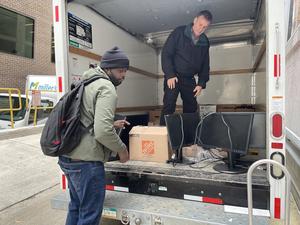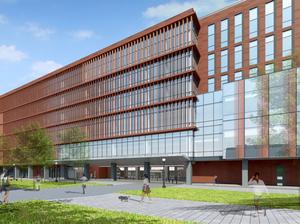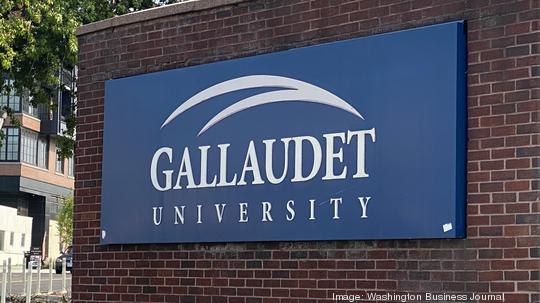
Capital CoLAB, an initiative launched by the Greater Washington Partnership to match students, particularly women and people of color, with the region’s tech job openings, has so far engaged with 12,000 prospective workers through its programs, the organization said.
The current tally includes high school and college students engaged through digital skills trainings, career fairs and micro-internships, said Deborah Hodge, Capital CoLAB’s managing director. The organization has promised to work with a total of 45,000 students and adult learners to funnel them into digital tech careers by 2025, with 50% of them being Black, Latino and/or women.
The 12,000 is a preliminary number, the program’s leaders told the Washington Business Journal, that’s expected to be finalized at the end of this academic year. It’s unclear how many of the 12,000 are women or people of color.
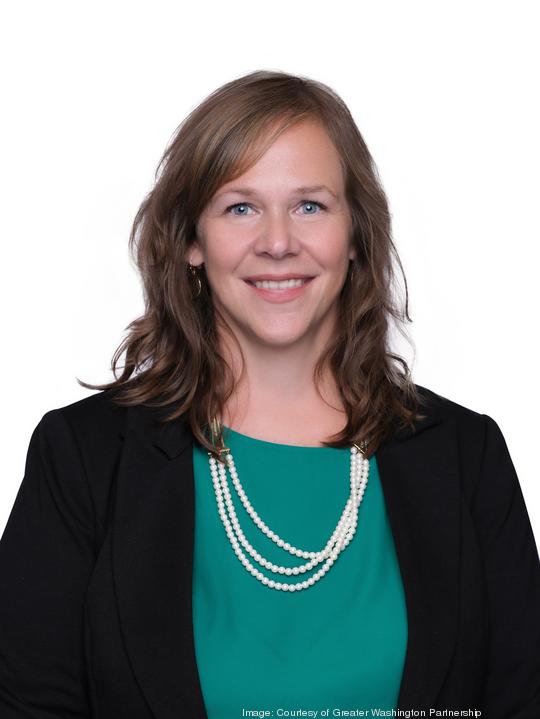
Capital CoLAB got its start in 2018, partnering area CEOs with education leaders to address how they could work together to develop the talent needed to fill the region’s open jobs. The goal of the initiative, which stands for Collaborative of Leaders in Academia and Business, is to make the region — from Richmond through Greater Washington to Baltimore — the most diverse digital tech workforce in the country.
In fall of 2019, Capital CoLAB included just four universities. At the time, there was external criticism that the initiative wasn’t partnering with enough institutions that reflected the true diversity of the region — such as historically Black colleges and universities, community colleges, or other schools that primarily serve marginalized students. But Francesca Ioffreda, the vice president of inclusive growth and talent initiatives for the Greater Washington Partnership, said in an interview that Capital CoLAB's plan to add more university partners over time and include those with a diverse student body was intentional.
“We need to work hand in hand with the universities," Ioffreda said. "That can take time, which is why we created this deliberate and phased approach of bringing university partners on, and we want to continue to grow our university partner base and scale it."
Since then, the program has added 18 more institutions, including Gallaudet University, which was announced March 4, to its table. In addition to Gallaudet, the list includes the following institutions in Greater Washington: American University, Bowie State University, George Mason University, George Washington University, Georgetown University, Howard University, Marymount University, Trinity Washington University, University of the District of Columbia, University of Maryland, and University of Maryland Global Campus.
Gallaudet, which serves some 1,300 students who are deaf, hard of hearing and deaf-blind, opened up the initiative’s Digital Tech Credential program — a series of classes at each partnering institution that students enroll in to complement their degree, including data analytics, cybersecurity, AI/machine learning -— to students at the beginning of this semester. Once students complete those courses, they earn a digital tech badge to add to their resume and LinkedIn, which is recognized by all of Capital CoLAB's employer partners as a marker that this student is job-ready. More than 1,000 undergraduate students will have the option to enroll using both American Sign Language and English through Gallaudet’s School of Science, Technology, Accessibility, Mathematics, and Public Health, the university said in a statement.
Capital CoLAB has raised nearly half of its $5 million goal for a scholarship for students enrolling in the Digital Tech Credential program, funded by Deloitte Foundation, General Dynamics Corp. (NYSE: GD), Northrop Grumman Corp. (NYSE: NOC) Foundation and T. Rowe Price. So far, the organization has dispersed funds to 100 students across 10 higher education institutions, Ioffreda said.
The organization also works with public high schools in Montgomery, Prince George’s and Fairfax counties, and D.C. and the city of Baltimore through its Talent Ready program, which teaches digital skills to students before they reach the college level. Of the 9,816 students that Capital CoLAB has worked with through the Talent Ready program, 35% are of Asian descent, 20% are Black and non-Hispanic, 14% are Hispanic, 1% are multiracial, and 20% are women, Hodge said.
That program, which launched in fall 2019, is funded by JPMorgan Chase and Bloomberg Philanthropies, Ioffreda said.
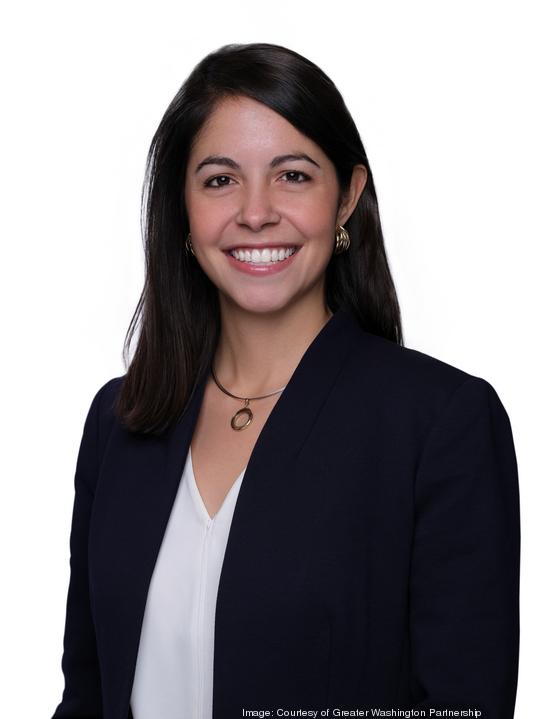
Capital CoLAB also hosts an annual career fair. The likes of Amazon.com Inc. (NASDAQ: AMZN), Capital One (NYSE: COF), Deloitte, EY, GDIT, Inova, JPMorgan Chase, Maximus, Microsoft, Stanley Black & Decker and T. Rowe Price have participated in the past. The next one is planned for the fall, Hodge said. Later this year, the organization also plans to expand its micro-internship program, which was piloted last fall at Northrop Grumman. All of the students who were selected for the pilot program are Black, Latinx and/or women, Hodge said.
